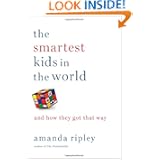
The Smartest Kids in America by Amanda Ripley, which examines the different perspectives on education held across the world, it will change the way you think about things. It will make you examine more closely how things are done in the United States.
There is so much important information in here, some of it on a grand scale, like ideas for changing our public policy to improve schools, and some of the information is on a small scale: what can you do at home to make a difference in your child's education?
Really, what can you do?
Did you know that reading to your child directly affects their PISA scores? The PISA is an international test administered worldwide. It is not a multiple choice test. It is an essay test, and the majority of the questions are common sense based. The questions are created to evaluate how children think and communicate that thinking, and in America, we don't do so hot—twelfth in reading, twenty-sixth in math. I won't even list all the countries that beat us, but it's depressing.
The kids who are read to regularly, however, do just fine. And, even more interesting, the children whose parents take time to educate their children while their at home score beyond and above those parents who spend little time educating their children at home, leaving the teaching up to the schools.
There is a slight discrepancy here. Many American parents consider themselves very involved in their children's educations. There are plenty of parents involved in their children's education at the school. In fact, many parents would claim this is a prerequisite to good parenting, to a good education, and to supporting your community. Volunteer. Get in that classroom. But PISA test scores prove the opposite. The United States has more parents involved at the school level than any other country (in Finland, Parent Teacher Conferences don't even exist), but the kids whose parents volunteer the most with organizations like the PTA actually score worse than those kids whose parents don't volunteer, but work with their kids at home.
There is a difference between being involved in your children's school and in being involved in educating your children, and parents all over the world have figured this out in ways we have not. I'm not saying you can't be involved in the schools. You certainly can, and it definitely has a lot of pluses—community building being one of them, but if your time at the school takes away from your time at home with your child—reading to them, teaching them, talking with them, learning and growing with them—you may want to reexamine your priorities.
Put home first. Put your kids first, truly. Their teachers will thank you for it. The PTA as an organization wouldn't be necessary if parents everywhere did this.
With that in mind, here's what we've been reading this week. I hope you can find something that will interest you!
Mary has been reading:
Hope was Here by Joan Bauer
Cuba 15 by Nancy Osa
and The Queen of Attolia by Megan Whalen Turner (this is one of my favorite of all time series)
Mary's really loved all of them and would highly recommend them to anyone (she says). All of them have some element of romance, in case you were wondering.
She's also been reading this for part of her math homeschool work:
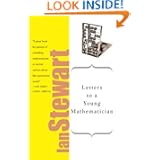
Letters to a Young Mathematician by Ian Stewart. For someone who isn't particularly enamored by math, Mary's pretty darn enamored by this book. Check it out! It's a great motivator.
For science, she's been reading these books:
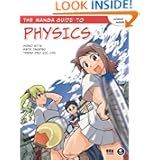
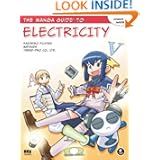
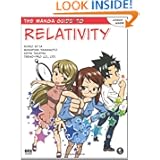

Manga Graphic Novels about math and science. Hmmm. I know. But after reading one of these suckers, she gave me a lecture on the law of action/reaction, complete with illustrations and examples, and it was fantastic. I give these books two thumbs up if you want to sneak in some serious learning while they're reading a book!
Lucy has been reading Pride and Prejudice, and she loves it. Ahhh.
Calvin has been reading the Freddy Books.
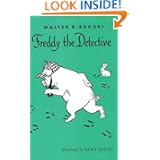
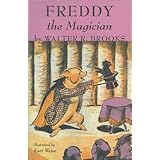
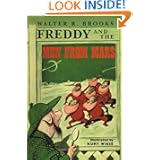
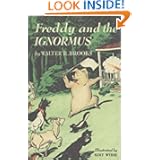
Hatchet by Gary Paulsen.
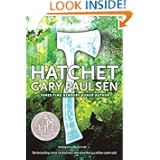
And Letters to a Young Scientist
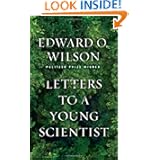
which is also excellent. If you have conversations with your kids about what they might want to become and do when they grow up (I hope you do!), and science and math are interesting to them, get these two books about letters to a young...! They are love letters to these important subjects.
Shaemus has loved Catwings by Ursula LeGuin and its sequels. I think these four books should be in everyone's homes. He's also been enjoying, Lake of Skulls by Paul Stewart and Chris Riddell, and for homeschool, he's been reading some of the Horrible Science books, and Who Was Annie Oakley? He's loved them too, really! (This might be because he has some autonomy here and he gets to select what nonfiction topics he studies.)
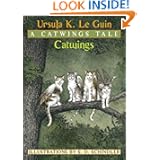
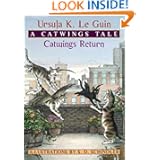
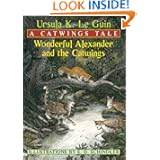
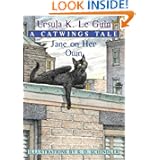
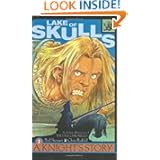
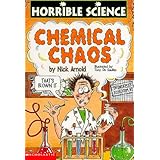
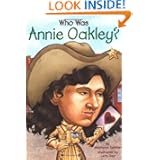
And Flannery has been on an Ed Young kick. If you don't know Ed Young, please get to know him right away. I envy you that get to explore his books for the first time. I love them more and more every time I read them.
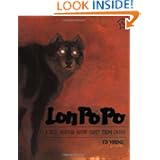
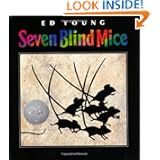
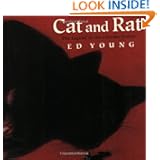
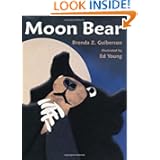
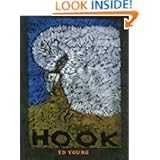
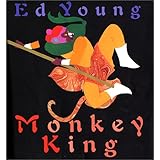

Thanks for the math and science suggestions. And, oh! The Queen of Attolia, and Ed Young, and Pride and Prejudice! Your kids have stellar taste:).
ReplyDeleteI look forward to reading The Smartest Kids in the World. Sounds like one I'd love.
Please tell Mary that I'm so happy she liked Warp Speed!
ReplyDeleteThank you! I sure told her, and I'm going to post about it, her reaction was so awesome...
ReplyDelete